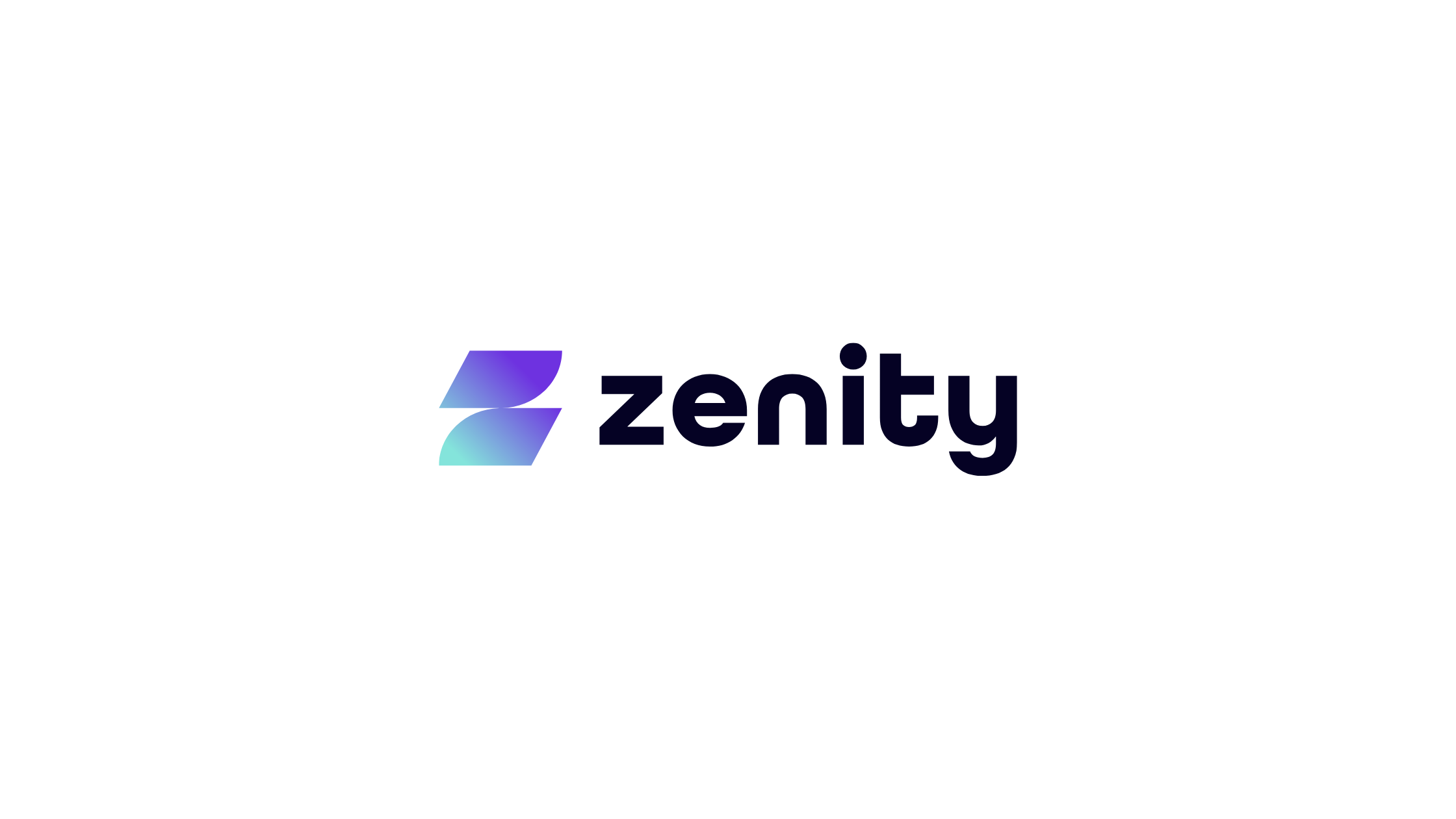Table of Contents
Zenity
Free
Zenity is a lightweight utility that allows developers to add graphical user interface (GUI) components to shell scripts. It is especially popular among Linux users for creating interactive scripts that improve user experience by replacing traditional command-line prompts with intuitive dialog boxes. With Zenity, even basic scripts can become user-friendly tools, making it easier to gather inputs, display notifications, or manage options without complex coding.
Key Features
Simplified GUI Creation
Zenity offers a range of pre-defined dialog types, such as message boxes, input forms, and
Cross-Desktop Compatibility
As part of the GNOME project, Zenity integrates seamlessly with Linux desktop environments, ensuring consistent performance and appearance.
Customizable Dialogs
Users can customize dialogs with options like window titles, text alignment, and button labels to match the application’s needs.
Versatile Input Support
From simple text inputs to file selection dialogs, Zenity supports diverse interaction types to suit various use cases.
Script Integration
Zenity’s straightforward syntax makes it easy to integrate into bash scripts, allowing developers to enhance existing projects without starting from scratch.
What Does It Do?
Zenity bridges the gap between command-line scripts and graphical interfaces. By replacing cryptic terminal prompts with visually appealing dialogs, it makes scripts more accessible to non-technical users. For example:
Display Alerts: Notify users of system events or errors with pop-up messages.
Collect Inputs: Use input forms or dropdown menus to gather data from users.
Monitor Progress: Show progress bars for long-running tasks like file downloads or batch processes.
Select Files: Enable users to browse and select files or directories through a GUI.
What is Unique About Zenity?
Zenity stands out for its simplicity and accessibility. Unlike full-scale GUI frameworks, it is designed specifically for integrating with shell scripts. This lightweight nature eliminates the need for advanced programming skills or complex setup. Additionally, Zenity supports localization, allowing dialogs to adapt to different languages based on system settings, making it suitable for international audiences.
Another unique feature is its real-time progress bar, which updates dynamically during execution. This is particularly valuable for tasks like data processing or file transfers, where user feedback is essential.
Who Should Use Zenity?
Zenity is ideal for:
System Administrators: Simplify tasks such as backups, updates, or user notifications with interactive scripts.
Software Developers: Add GUIs to tools or prototypes without investing in a full GUI development framework.
Educators: Teach scripting and GUI concepts in an intuitive and approachable way.
Hobbyists: Create personal tools or projects with professional-looking interfaces.
Supported Platforms to Deploy Zenity
Zenity is primarily designed for Linux-based systems and integrates seamlessly with GNOME and other desktop environments. It is available through most Linux distribution package managers. While it may work on macOS through certain compatibility layers, its usage is primarily recommended for Linux.
Pricing
Zenity is completely free and open-source, licensed under the GNU Lesser General Public License (LGPL). This ensures that it remains accessible to a wide range of users, from individual developers to large organizations.
Short Summary
Zenity revolutionizes shell scripting by adding GUI capabilities without the complexity of traditional GUI programming. Ideal for system administrators, developers, and hobbyists, it transforms basic scripts into intuitive tools with graphical dialog boxes. Its free and open-source nature, combined with its ease of use, makes it a must-have for enhancing Linux-based scripts.
Zenity
Free
January 2, 2025
